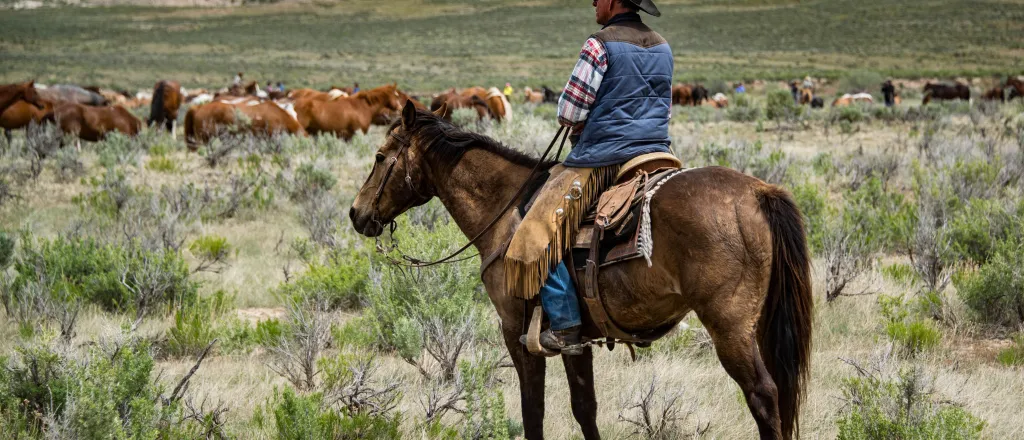
Antibiotic restriction changes coming for livestock producers
June 11, 2023 will bring additional changes to how antibiotics can be purchased by livestock producers. On this date the Food and Drug Administration Center for Veterinary Medicine (FDA-CVM) discontinued “Over The Counter” purchases of injectable livestock antibiotics from your local feed store, farm supply, CO-OP or any other entity without a veterinary prescription. The rule comes after a 2018 FDA-CVM study on antimicrobial stewardship in veterinary settings. The rule is for medically important antibiotics, those used from both human and animal health, and is intended to decrease or keep bacteria from becoming antibiotic resistant.
Why is it important to producers? Slowing bacteria resistance to antibiotics will help preserve this important health tool. It took bacteria only ten years to start developing penicillin resistance. Compound this with the cost associated with developing, testing and approval of new products, it is clear why the numbers of pharmaceutical companies developing new products has gone from over 18 to just 4 companies since 2000. It is important to preserve this resource for both animal and human medicine.
Animal producers are by no means denied access to these important antibiotics. However, just like the 2017 Veterinary Feed Directive, producers must obtain a veterinary prescription to purchase and use antibiotics. It is required that a valid Veterinary Patient Client Relationship (VCPR) is established prior to a prescription being written. In Colorado a VCPR is the basis for veterinary care. It establishes such a relationship that the veterinary should have sufficient knowledge of the patient(s) to understand its current health and render at least a preliminary diagnosis. This requires that the veterinary is personally acquainted with the patient(s) either through office or farm/ranch visits.
It is important that producers take this as a signal to shift the paradigm from treating health problems to prevention. It is important to think of your veterinarian as a consultant and part of your operations planning team. In doing that your VCPR will be in place as your veterinarian will understand your operations goals, how you operate, management practices, biosecurity plans and above all operation risks for animal health issues. For additional information watch this video https://youtu.be/Iu-O__l23vg where Dr. Ragan Adams, CSU Extension Veterinarian and Beth De Lair, CSU Extension Specialist in Pueblo County provide discussion and additional resources. Most importantly producers need to have a consulting veterinarian and a valid VCPR in place prior to needing an antibiotic prescription.
















